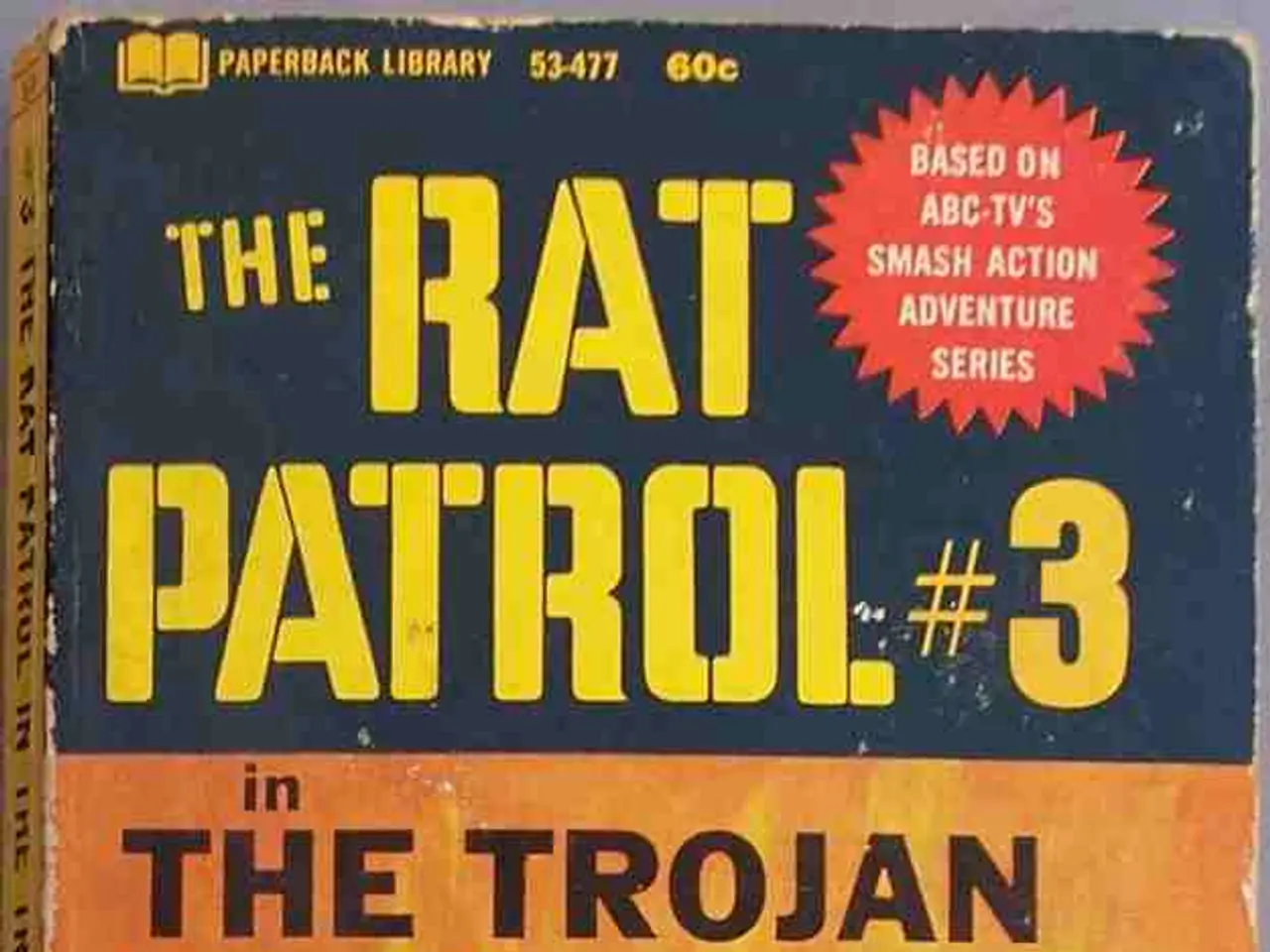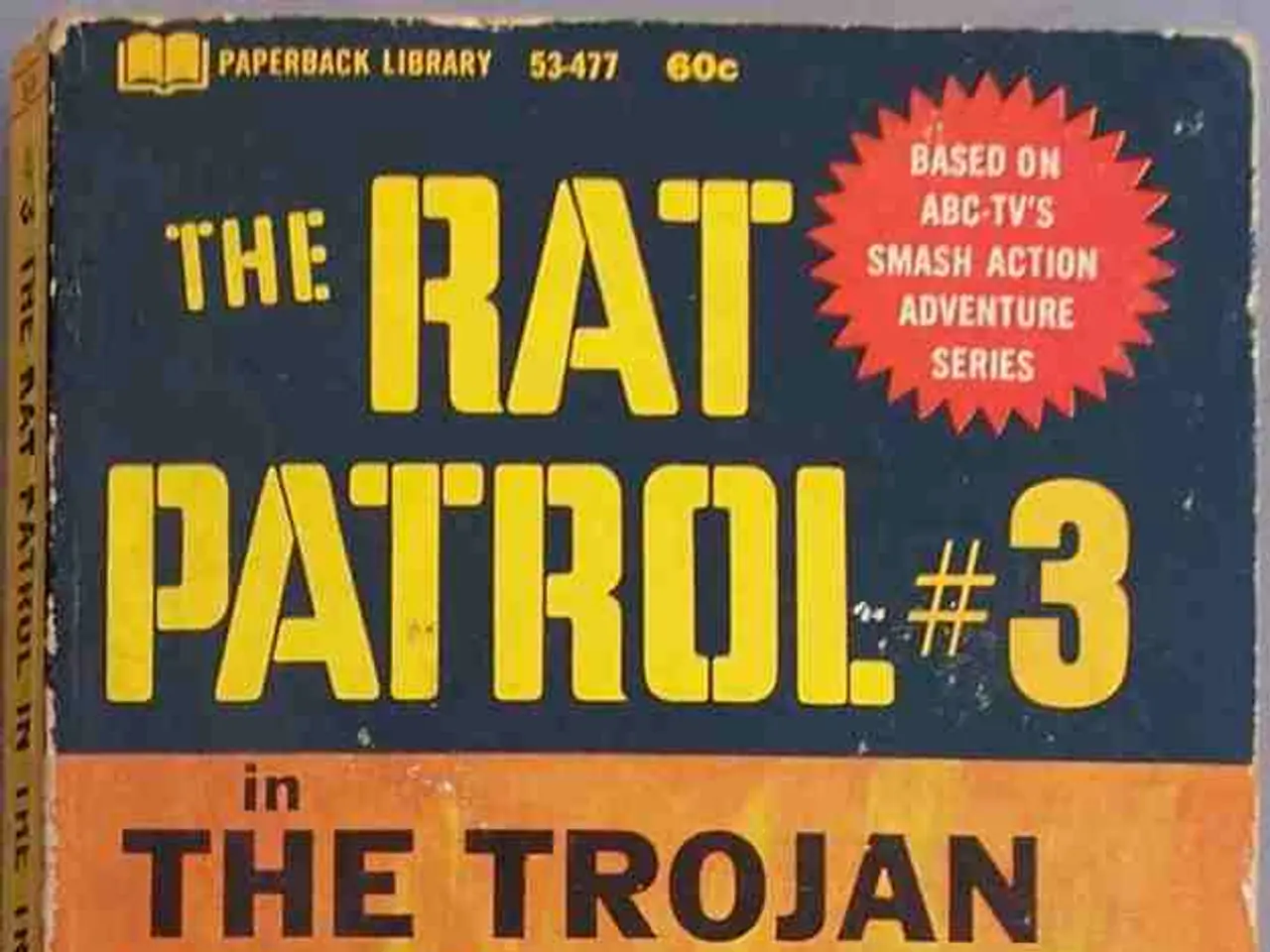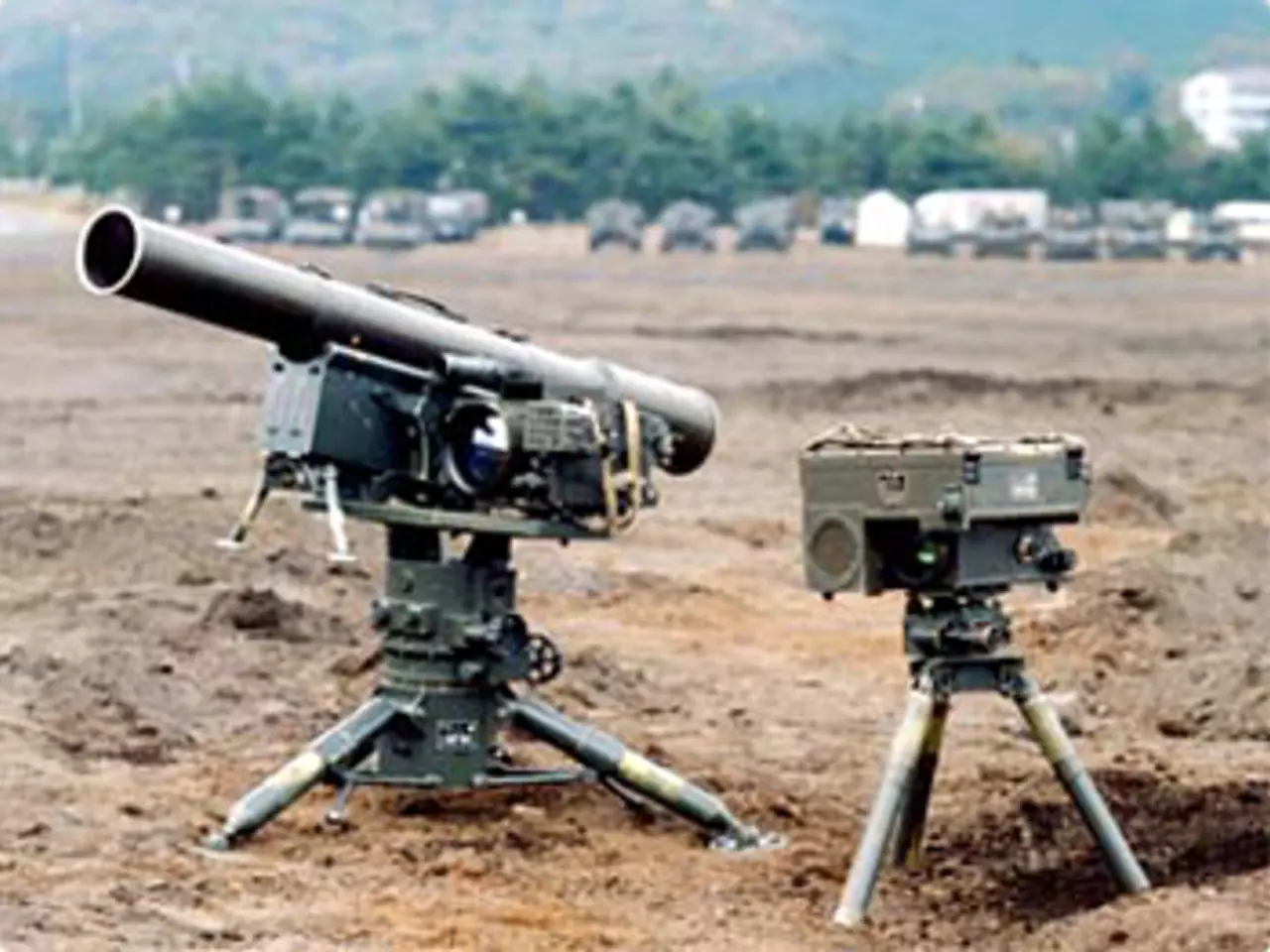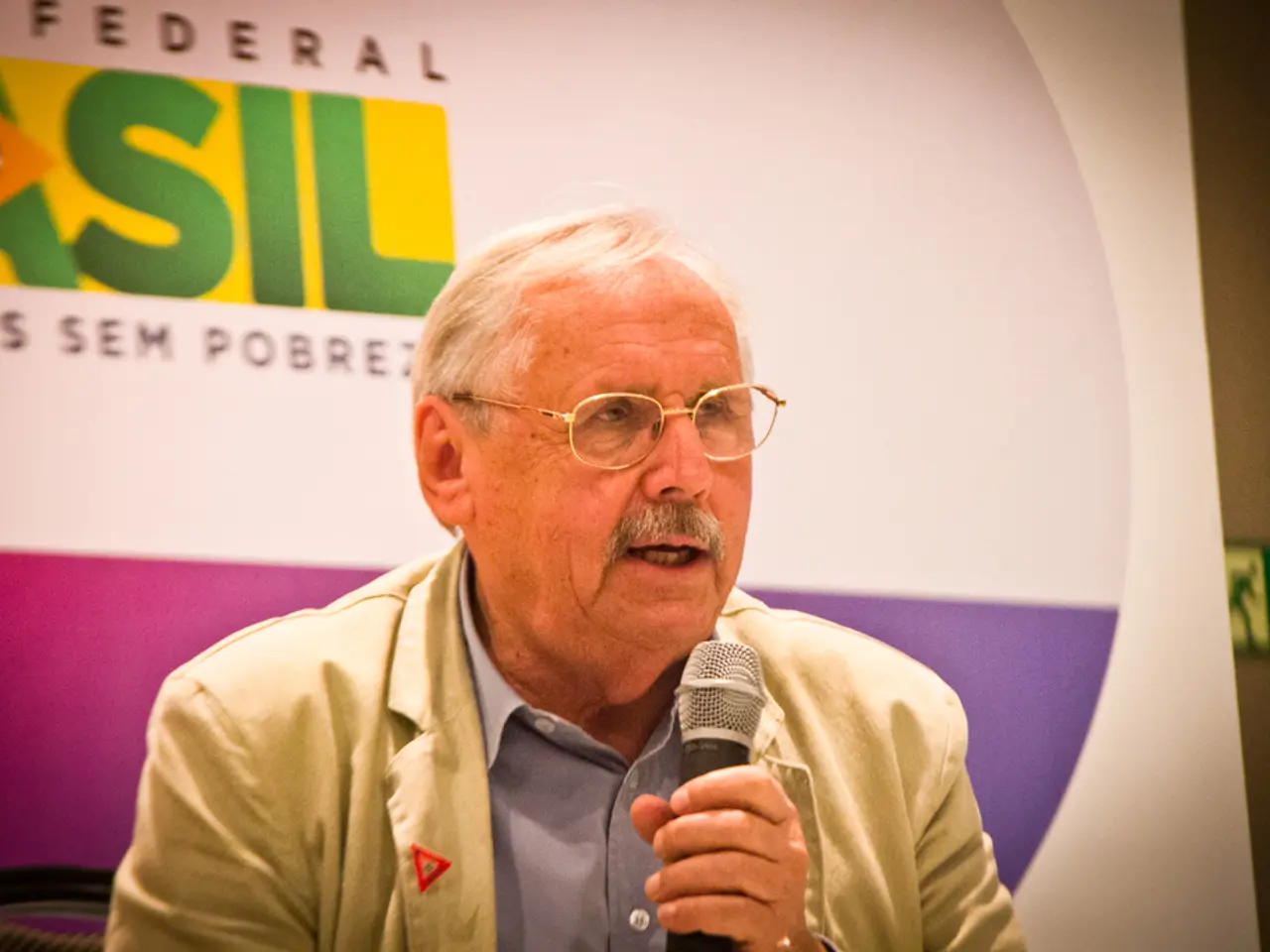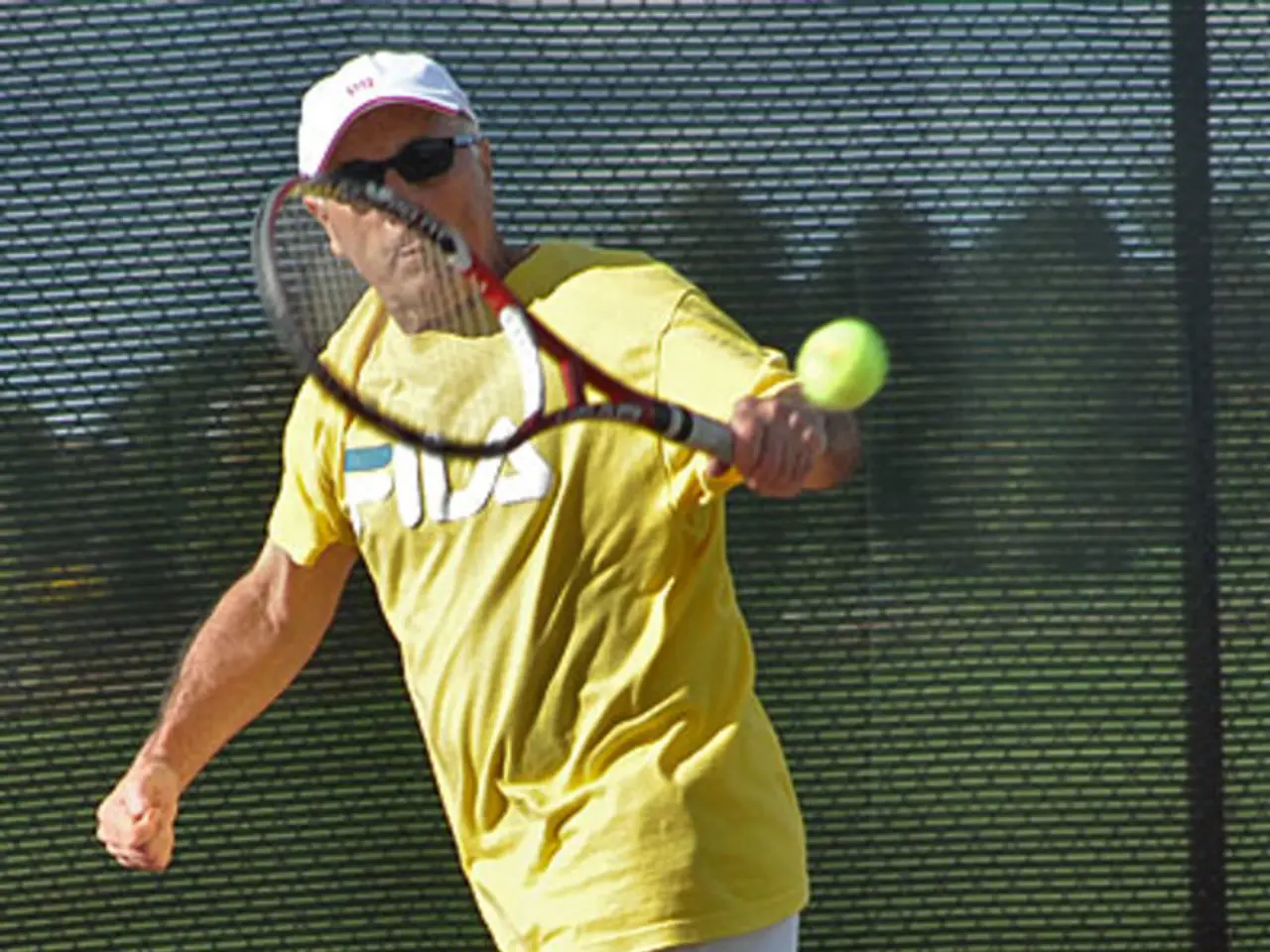The Western Front: United Against Russia's Threat
Western partners urged for collective action against Russia, as per Kallas' call - Western allies called upon by Kallas to join forces against Russia
In the run-up to the NATO summit, the EU's foreign policy chief, Kaja Kallas, has underscored the need for unity and increased defense spending among NATO allies. As the alliance faces challenges on multiple fronts—particularly concerning Ukraine and defense spending—Kallas's call for collective action is more vital than ever.
U.S.-NATO relations have experienced substantive divides regarding Ukraine, with statements from events like the recent G7 summit showing these tensions. With Russia posing an immediate threat to the European Union, particularly for those, like Kallas, who have experienced Soviet imperialism firsthand, unity is key to countering this threat effectively.
Ukraine's President Zelensky is planning to attend the NATO summit, hoping to push for a ceasefire with Russia. Meanwhile, the alliance will decide on new defense spending targets, with NATO Secretary General Mark Rutte advocating for increased spending and defense-relevant infrastructure.
However, challenges persist in ensuring fully united and effective action. As Russia continues to advance in Ukraine, both in military terms and through hybrid threats, NATO allies must work together to address these complex security issues.
Why the United Front Matters
Amid Russia's hybrid threats, including cyberattacks, sabotage, weaponized migration, and aggressive military posturing, maintaining a united front has never been more important. Finland, Poland, and the Baltic states, in particular, have faced these hybrid tactics, emphasizing the ongoing security challenges the alliance confronts collectively.
In terms of defense spending, Russia is investing heavily in its military, with a substantial budget allocation towards defense in 2025. NATO members, especially those along Russia's borders, have increased their investment efforts, but discussions about the adequacy and distribution of defense spending within the alliance continue.
The Ukraine Issue and NATO's Strategy
Despite proclamations of unity and continued support for Ukraine, NATO has yet to formulate a comprehensive strategic approach to Russia. Russian President Vladimir Putin's expansionist stance, aiming to create "buffer zones" by controlling key regions, complicates NATO's position, requiring careful and coordinated responses.
Kaja Kallas has been vocal in her support for Ukraine and pressure on Russia. She emphasizes the necessity of a strong Western front to counter Russia's threats effectively. However, NATO's internal challenges and debates about defense spending commitments could risk undermining the alliance's cohesion.
The Road Ahead
As NATO meets, it faces numerous hybrid threats designed by Russia to destabilize its members and exploit alliance divisions. While defense spending is increasing in key NATO countries, disparities and debates remain about the scale and focus of these investments against the backdrop of escalating Russian military activities in Ukraine.
NATO continues to pledge its support for Ukraine, yet reaching a strategic consensus on how to manage the conflict and address the broader Russia threat remains elusive. Balancing the need for military and financial support for Ukraine with internal political harmony will be crucial, as Russia persistently seeks to exacerbate divisions within the alliance.
In conclusion, while NATO is broadly united against Russia and committed to Ukraine's defense, significant internal challenges in forging a long-term strategy and addressing complex threats test the alliance's unity ahead of critical summits and decisions in 2025. Kaja Kallas's calls for unity and enhanced efforts within the alliance reflect this delicate balance between optimism and caution.
Rufus, against the backdrop of war-and-conflicts and politics, could argue that Kallas's call for unity among NATO allies, particularly against Russia, is crucial and timely, given Russia's immediate threat to the Western front, as underscored in the general news. Moreover, in the context of budding consensus on increasing defense spending, understanding the dynamics of defense spending distribution within NATO, especially when Russia continues to invest heavily in its military, becomes paramount.
